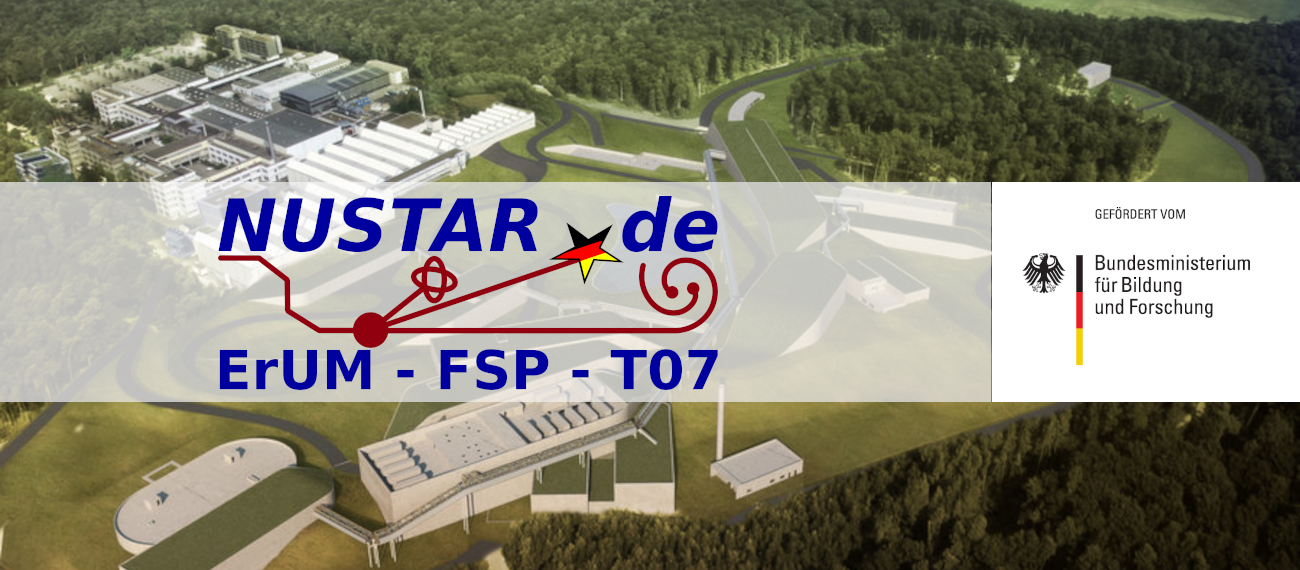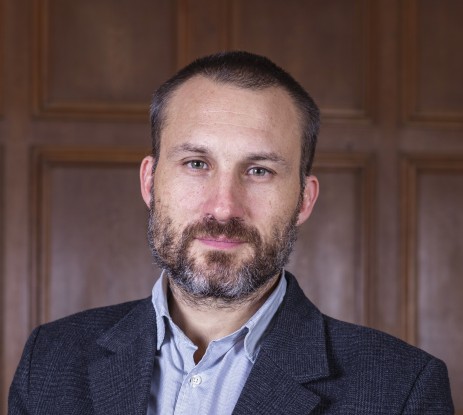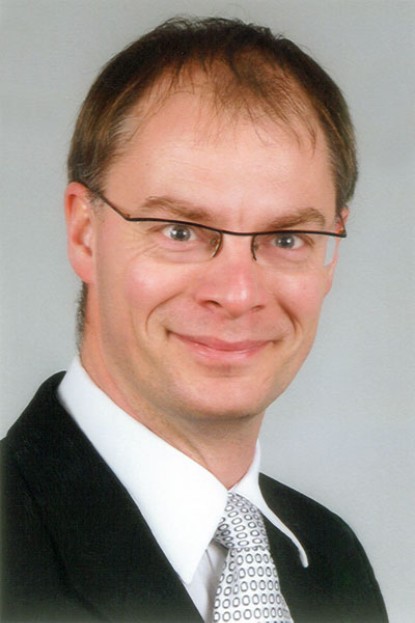The German contributions to the international collaboration on NUclear Structure, Astrophysics and Reactions (NUSTAR) at FAIR
Welcome to the pages of the “Forschungsschwerpunkt” (Research Focus) T07 “NUSTAR.de” within the federal research framework “Erforschung von Universum und Materie” (Exploration of Universe and Matter) of the Federal Ministry for Education and Research (BMBF).
NUSTAR.de offers a networking platform to the German universities which are engaged in basic research at the large research facility FAIR (Facility for Antiproton and Ion Research) in Darmstadt, within the international NUSTAR (Nuclear Structure, Astrophysics and Reactions) collaboration. NUSTAR.de serves the coordination of contributions from the German university groups to planning, construction, and scientific use of the NUSTAR experimental facilities at FAIR.
Presently, the new international accelerator center FAIR is constructed in Darmstadt. FAIR is one of the largest research projects worldwide. At FAIR a variety of experiments will be possible, which physicists from all over the world expect to reveal new insights into the origin of matter and the evolution of the universe.
The NUSTAR collaboration will use the new accelerator facilities at FAIR for basic science with focus on the structure of atomic nuclei, nuclear astrophysics, and nuclear reactions. Atomic nuclei constitute the largest part of the visible mass in the universe. These are highly-complex many-body systems governed by the laws of quantum mechanics. The order of the quantum orbits in which proton and neutrons are moving mainly defines the stability and properties of nuclear matter. One observes astonishingly simple excitation modes of atomic nuclei, such as rotations or vibrations, to which protons and neutrons jointly contribute. To understand the emergence of simple structures from the complex interactions of many particles in quantum states is one of the goals of basic nuclear science. The interplay of the nuclear forces, which manifest in the behavior of single nucleons in the nucleus, as well as in such collective modes, finally defines the process of nucleo-genesis, in which heavy elements are created for example in supernova explosions. Phenomena like the build-up of a neutron skin (or neutron halo) around the proton-neutron core can have significant effect, and nuclear theories make different predictions – to be tested by experiment – on the properties of so-called exotic nuclei. These are atomic nuclei with unusually high asymmetry of neutron to proton numbers.
Central questions in this basic research are:
- How many protons and neutrons can Nature bind into atomic nuclei?
- What are the basic properties of the nuclear force, and how does it vary with the proton-to-neutron ratio?
- How do collective modes emerge from the quantized motion of nucleons in the atomic nucleus, and which new modes exist in weakly-bound systems with extreme proton-to-neutron ratios?
- Where in the universe and how are heavy elements generated?
These questions are inherently interconnected. Especially gaining knowledge on neutron-rich nuclei is a goal of contemporary research, which will enter a new era with FAIR.
The ErUM-FSP-T07, NUSTAR.de, is embedded into the NUSTAR collaboration. NuSTAR.de allows for the exchange of expert personnel, as well as for the procurement and administration of federal funds provided by BMBF for this project. In addition, NUSTAR.de offers the groups an increased visibility within the European landscape, and offers the public information and access to the ongoing works on, and preparations for a future-defining nuclear research program at FAIR.



